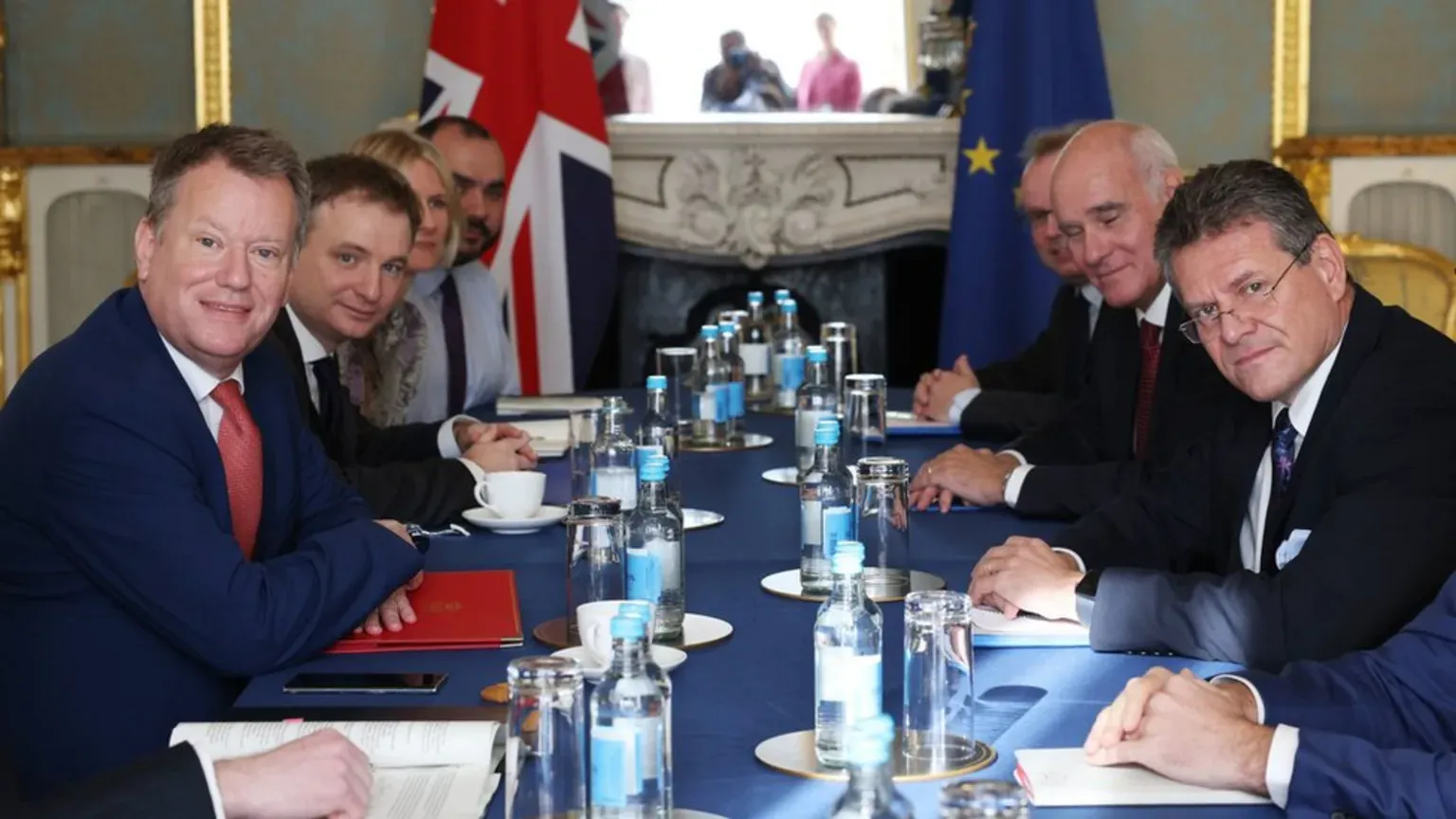News
UK Joins EU’s Clean Energy Council to Coordinate Carbon Strategy

In a landmark move for regional climate cooperation, the United Kingdom has officially joined the European Union’s Clean Energy Council to strengthen collaboration on carbon reduction and sustainable energy development. The decision marks a significant step in post-Brexit relations and signals the UK’s renewed commitment to environmental leadership. By participating in this initiative, the UK aims to align its carbon-neutral policies with European efforts to achieve net-zero emissions by 2050 while bolstering its role as a global advocate for clean energy innovation.
Strengthening Post-Brexit Energy Collaboration
The Clean Energy Council, a high-level policy forum formed by EU member states, coordinates strategies on renewable energy deployment, carbon capture technology, and cross-border power integration. The UK’s inclusion, its first major environmental partnership with the EU since Brexit, has been widely viewed as a pragmatic step toward addressing shared climate challenges.
Under the agreement, the UK will participate in joint research programs, energy infrastructure projects, and policy discussions related to hydrogen, wind, and solar power. This collaboration is expected to streamline regulatory standards and promote investment in sustainable energy networks across Europe. Officials from the Department for Energy Security and Net Zero (DESNZ) stated that the move represents a “renewed era of climate diplomacy” grounded in shared interests rather than political divisions.
Energy analysts have welcomed the development as a potential turning point in UK-EU relations. Cooperation on energy has long been viewed as essential given the interconnected nature of power grids, trade flows, and carbon markets. The UK’s reentry into structured discussions will enhance energy security while ensuring that future policies remain aligned with the European Green Deal.
One of the key goals of the partnership is to facilitate the exchange of expertise and resources in renewable technologies. The UK already leads Europe in offshore wind energy, with over 14 gigawatts of installed capacity and several large-scale projects under development. By joining the Clean Energy Council, the country will have access to new funding mechanisms and innovation platforms designed to accelerate low-carbon transition across sectors.
Officials have also confirmed that the UK’s membership will enable participation in joint carbon pricing frameworks and emissions monitoring systems. This coordination is expected to simplify cross-border energy trade and support the development of green hydrogen corridors connecting the North Sea and Western Europe.
Advancing Carbon Reduction and Clean Innovation
The UK’s decision comes at a pivotal moment as the nation intensifies its efforts to meet its own legally binding net-zero targets. Domestic policy initiatives such as the Energy Act 2025, the Green Transition Fund, and expanded carbon capture projects have laid the groundwork for deeper integration with European clean energy objectives.
Through the Clean Energy Council, the UK will collaborate on large-scale renewable projects and energy storage initiatives. These include offshore wind farms, interconnector pipelines, and next-generation nuclear research. The partnership will also focus on developing shared infrastructure for electric vehicle charging networks and smart grid technology, ensuring efficient energy distribution across borders.
Participation in the Council aligns with the UK’s broader push toward industrial decarbonization. New frameworks for carbon capture, utilization, and storage (CCUS) are expected to benefit from joint research funding and cross-border data sharing. The Humber and Teesside industrial clusters, two of the UK’s largest carbon-intensive regions, will play central roles in these initiatives.
Furthermore, the UK and EU have agreed to cooperate on advancing hydrogen technologies, particularly green hydrogen production powered by renewable energy. This collaboration could position the UK as a major hydrogen exporter by the early 2030s, strengthening both energy security and economic growth.
Business groups and environmental organizations have expressed optimism about the agreement. They argue that reestablishing structured cooperation with the EU on energy and climate policy will attract foreign investment and boost confidence in the UK’s clean technology sector. Industry leaders expect new job opportunities in research, engineering, and environmental management, particularly in renewable energy infrastructure and advanced manufacturing.
Challenges and Strategic Opportunities
While the partnership represents a breakthrough, it also brings challenges that will require careful management. Some policy experts note that aligning regulatory frameworks between the UK and EU may take time, especially in areas such as emissions trading and state subsidies for renewable energy. Ensuring that the UK retains its autonomy over energy decisions while benefiting from shared initiatives will be a delicate balance.
Nonetheless, the potential advantages outweigh the obstacles. Collaboration with the Clean Energy Council offers the UK a platform to influence European policy while reinforcing its global climate credibility. The initiative is also expected to support the government’s domestic agenda for sustainable growth, helping bridge the gap between environmental policy and economic opportunity.
Financially, participation in joint innovation funds and carbon transition programs could provide billions in additional investment for UK projects. The government has already announced plans to co-finance several research facilities dedicated to renewable energy storage and grid modernization.
Moreover, the agreement enhances the UK’s ability to contribute to global climate diplomacy. By aligning with European standards, the UK strengthens its voice in international climate negotiations and partnerships with organizations such as the G7, COP summits, and the International Energy Agency. This alignment reinforces the message that climate action transcends political boundaries and that regional cooperation is essential for global progress.
Conclusion
The UK’s decision to join the EU’s Clean Energy Council marks a pivotal moment for both environmental policy and post-Brexit diplomacy. By aligning its carbon strategy with Europe’s ambitious climate goals, the UK is signaling a commitment to innovation, cooperation, and long-term sustainability.
This partnership is more than a symbolic gesture, it represents a practical blueprint for achieving net-zero emissions through collaboration and shared expertise. As clean energy becomes the cornerstone of future economic growth, the UK’s participation in the Council ensures that it remains at the forefront of global climate leadership.
Through cooperation, innovation, and strategic investment, the UK and the EU are demonstrating that tackling climate change is not a competition but a collective responsibility, and one that can shape a cleaner, more resilient future for generations to come.












